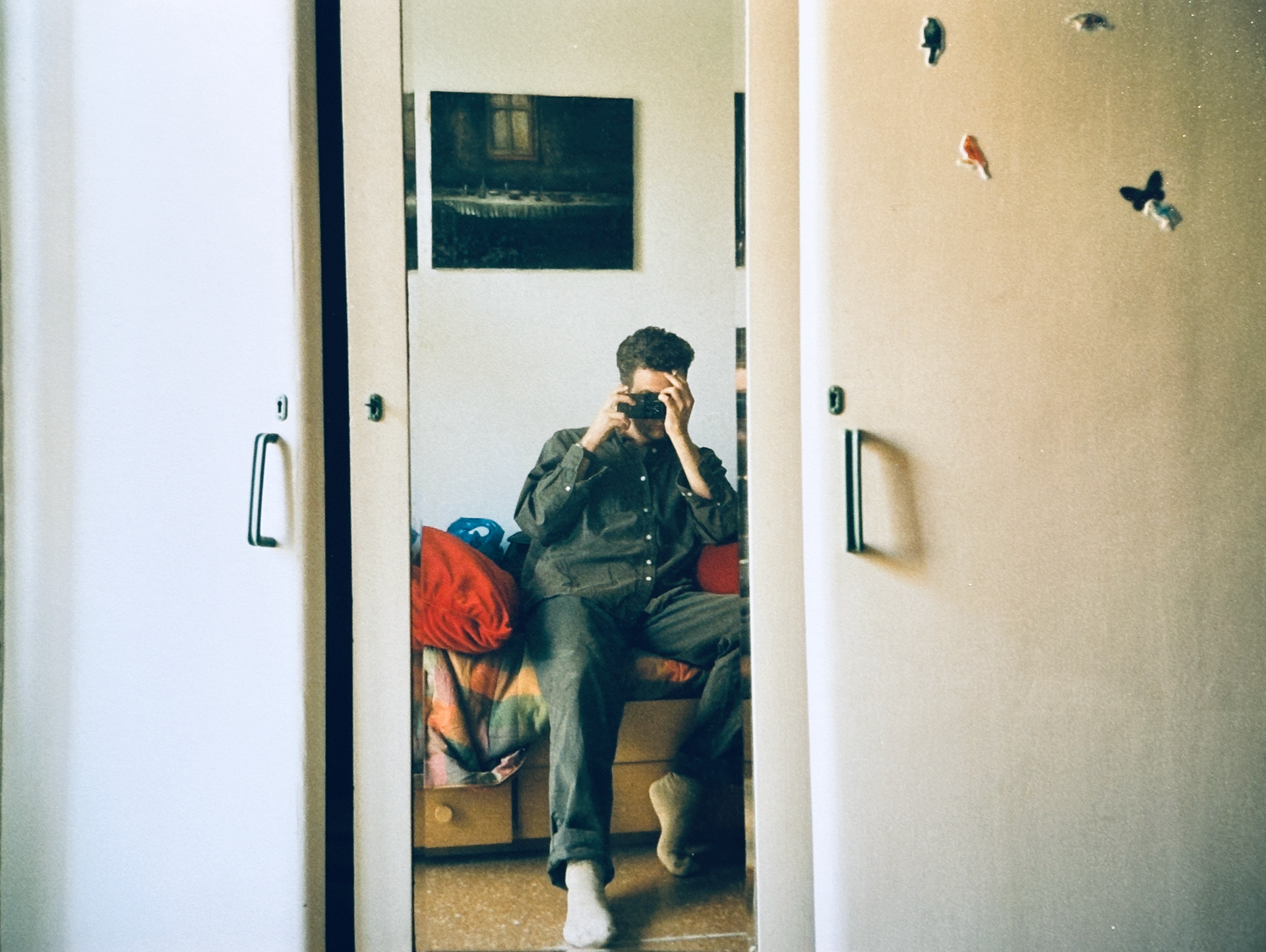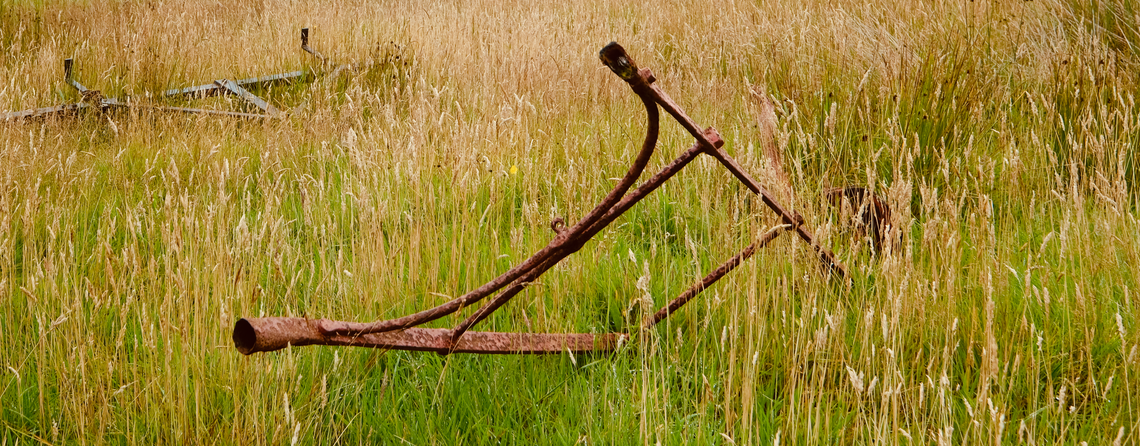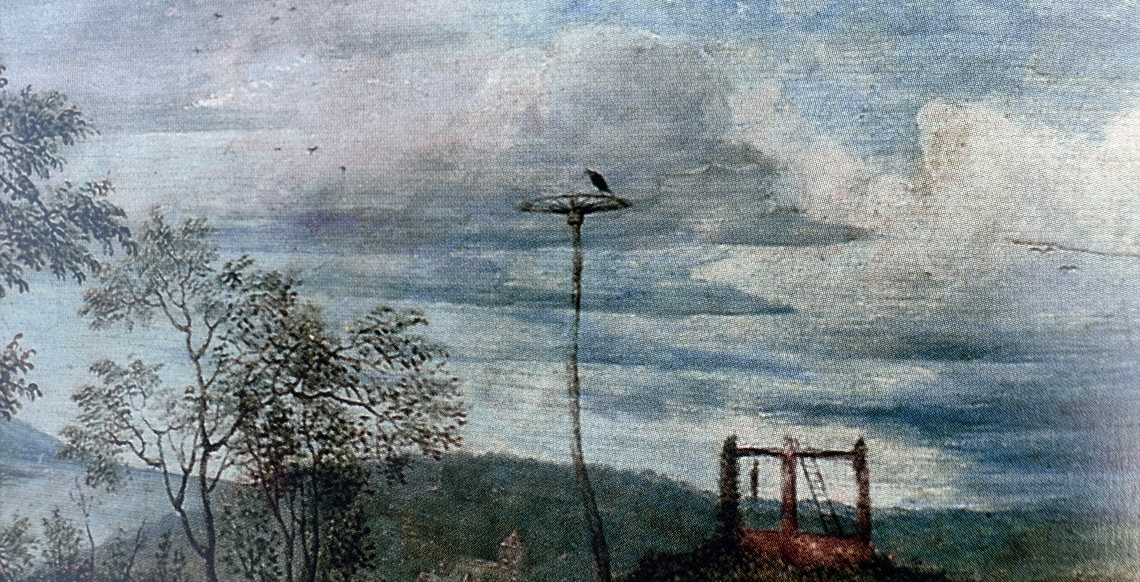I have long since lost track of the number of rooms in which I lodged in the long interval between leaving university and settling down. I can rapidly tick off eighteen on my fingers, in Venice, Rome, Cambridge and London, not counting whole apartments I rented, or the apartments in which I cohabited with girlfriends; and I may have forgotten one or two. I always paid my rent, of course; but ironically, it was only in the one place in Rome where I did not pay rent—an apartment on via Fonteiana in Monteverde Nuovo belonging to my friends Steve and Alessandra in which I stayed during an especially unsettled phase of my life, and in which one afternoon, as I write elsewhere, my friend Alessandra taught me the difference between the Italian verbs sfiorare and sfiorire, respectively to flit and to wither—that I was actually called The Lodger. Il lodger, in fact. Il nostro lodger.
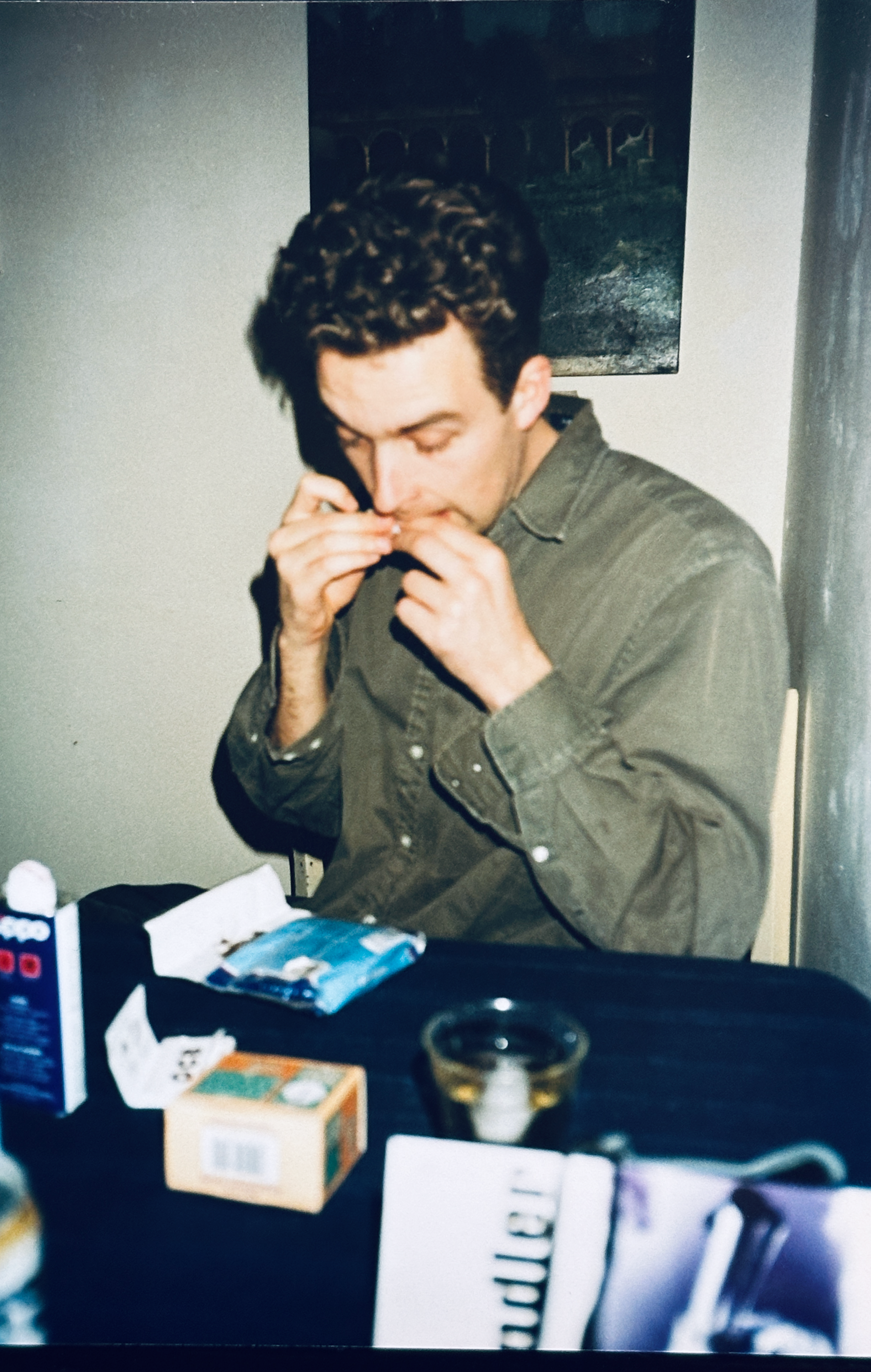
...
The verb lodge, like the verb settle, is at first glance one of those odd verbs which seems to contain its own opposite. A contronym. Some contronyms, such as cleave, come to their antagonistic meanings by a process of convergence (cleave, meaning separate, is from Anglo-Saxon clēofan; while cleave, meaning adhere to, is from Anglo-Saxon clifian). Meanwhile settle, which involves both the process of coming to rest and the business of aggressively venturing forth to claim new lands (possibly already belonging to someone else) derives its polysemy from a breaking down of a complex process—settling a territory requires some individuals to stay put and some to move on (or some to cleave and some to cleave).
Lodge is different again. To lodge in a place, to be a lodger, suggests a sort of unstable permanence at best. Lodgers, however long they stay, are always passing through. But to lodge something somewhere—a bullet in a skull, for instance—is to make it difficult to extract. From some perspectives, therefore, the lodger in your house is in transit; from other perspectives, he or she is always there. Unwinkleable. The two facets of a present moment–momentarily unchanging; endlessly mutable—cohere in the one verb. Lodge.
...
Geoege Mackay Brown, genius loci of Stromness and Orkney, but perennially prey to illness, alcoholism, and that particular shade of depression known as the morbus orcadensis, lodged with his mother for many years. Not so much a lodger, as lodged there. He spent some years in his thirties off the islands, at the adult education centre at Newbattle Abbey, and at Edinburgh University; but in 1961, aged 40, he was forced to return, driven by ill-health and poverty.
He lodged in his mother's house at 6 Well Park, unable to cook, or do his own washing (at one point his mother left him alone for a few days while she went to the mainland, and he nearly starved to death). When, in the last months of her life, she succumbed to dementia, lost all memory of who this stranger in her house was, and was no longer able to look after herself, his surroundings degenerated into a minor chaos.
After her death in 1967, he remained in her house for a few months, then moved to the council flat at Mayburn Place, five hundred yards away, where he would remain until his own death near thirty years later. But here, no longer a lodger in someone else's house (and with a little literary celebrity and money starting to flow his way) for the first time in his life he addressed his domestic reality. He started to take pleasure in cooking and cleaning, in folding his own clothes, in peeling vegetables. Doing his laundry, he said, evoked in him "a great sense of achievement – like writing a small lyric". He found making stew "endlessly interesting".
No longer useless, then. No longer lodged painfully anywhere, but settling into the little rhythms of life.
...
A lodge is also a building, of course, a little guardhouse of sorts. In Isaiah [I:8] Jerusalem, drained of its people during the Babylonian exile, is compared a little mysteriously to "a lodge in a garden of cucumbers" – a temporary guardhouse abandoned after the harvest, we must suppose.
A lodge now stands at the gate of a property, so that the little structure at the bottom of my garden where I do most of my work now must be considered an anti-lodge of sorts. You can only settle in a lodge once the words have been drained of all meaning.
...
My own days as il lodger corresponded to a moment of decline in the practice of lodging. The word saw a notable drop-off in frequency of use after around 1980, as patterns of habitation and co-habitation began to alter. My father had lived much of the 1950s in a boarding house in Bath run by a woman called Fanny Blathwhaite, who had only accepted young gentlemen of a certain class and breeding (my father had none of either, but somehow managed to exude both). My mother used to roll her eyes at any mention of Fanny Blathwhaite's name, but had herself spent her twenties and much of her thirties living out of suitcases and in dingy North London bedsits, and the bedsit had become her paradigm of the free life—a refrain of my childhood was that one day I would have my own bedsit, with the implication that I wouldn't comprehend the scope of my liberty until I did.
We do not lodge now, or take lodgers; we rent Airbnbs, or enter into flat-shares, look to get on a housing ladder. We aspire to the extremes of transience or rootedness. Digital nomad or homeowner.
...
I think my friends Steve and Alessandra, in dubbing me il nostro lodger, were picking up on a little rootless, lodger energy in me. But to have a lodger in your house is to also to stir up your own, and your house's impermanence. My parents took a lodger in the early 1970s, when I was an infant, in order better to navigate the OPEC oil crisis. I barely remember him, but do recall that he was a hairdresser, and that he gave my mother free hairstyling as part of the arrangement. But it was a precarious time. If you have a lodger in your house, you are no great distance from being one yourself. You live automatically in a state of passage, a world of suitcases, a zone of thresholds and uncertainty.
I was not Steve and Alessandra's lodger, I was just passing through, and they were generously giving up their space. I was a sub-lodger. An ironic post-modern lodger. But in the end I stayed long enough, became enough of a fixture, that I was no longer a surprise when they came in at the end of the day and found me cooking in their kitchen. Perhaps they picked up on a little necessary loose thread in their own existence, and attuned themselves to it, instinctively keeping themselves and their settlement just a little loose, a little mobile, with a degree of freedom. Perhaps a lodger, when he or she comes to stay, reminds you where the door is.
...
I was living as a lodger in Steve and Alessandra's house when the planes hit the twin towers. I turned on the TV to have my lunch, and saw a smoking tower, understood that a plane had flown into it. Not much else seemed to be happening. I switched off the TV and got on with my unpublishable novel at the dining room table for a couple of hours. When Steve returned, I mentioned I had seen something about a plane flying into a tower, and we turned on the TV, and everything was in a moment all around us dislodged.
...
A footnote.
It was while lodged / not-lodged in the Steve-Alessandra apartment on via Fonteiana (in the building, by the way, in which Pier Paolo Pasolini had dwelt from March 1954) that I first read Carlos Castaneda's The Teaching of Don Juan. Steve said to me one day, in an office where we both worked—I was, as usual, lodged in a corner of the office, leaning against a bookshelf of blue plastic folders, smoking a cigarette—that I had a knack for finding my spot in any room; and he then explained what he meant by finding my spot.
In his 1968 book, The Teachings of Don Juan, the Peruvian-American writer (and, it would later transpire, charlatan) Carlos Castaneda described his attempts to master a body of shamanic knowledge from a Yaqui elder called don Juan.
Castaneda's initiation requires him to solve a little conundrum: he and don Juan are sitting on a small porch, 12 feet by 8, and don Juan says that Castaneda looks tired. He should try to find a spot, a ‘sitio’, where he will not be fatigued.
At this point it is early evening, and Castaneda does not understand the task. However, he spends the next twelve hours seeking, not to find the sitio in question, and certainly not to discover anything about the meaning of a ‘sitio’, but to sense any difference at all between one square foot of porch and another. He rolls around, lies on his back, lies on his front, walks up and down. Nothing. Don Juan comes out from the house at one point deep in the night, and asks why Castaneda is not using his eyes. Castaneda then proceeds to perceive, or hallucinate in his exhaustion, different colours in his peripheral vision (a brilliant and homogenous greenish yellow, a spot of intense purple, uniform chartreuse, a sharp verdigris). He marks the spots of difference with his jacket, then a shoe, as though trying to lay down some concrete coordinates on the near-featureless porch. By now at an extremity of tiredness, he starts to find the spot marked with his jacket overpoweringly malign. Approaching it makes the hairs stand up on the back of his neck. Finally, exhausted, he sits down by his shoe, with his back against a rock, and falls asleep.
When he wakes, don Juan is standing over him, laughing. ‘You have found the spot,’ he says. don Juan explains that the sitio, the spot, and another locale he calls ‘the enemy’ are always paired. You draw strength and vigour from your sitio; dwell on your enemy spot, and you are drained and vulnerable. In the one spot you are rooted, but free; in the other, at once trammelled and repelled. But you must be sufficiently sensitised (read: exhausted, or drugged) to notice.
Castaneda styled himself an anthropologist, and his shamanic quest as research; but it is generally believed now that much or most of what he wrote about don Juan, including the existence of don Juan himself, is fiction.
And of course, what Castaneda is doing here is not a entering on a journey of enlightenment, but making a book. Castaneda was a writer, not an academic. What he dramatises on the porch is not an actual ceremony, or test (so far as we know) but a search for a point from which to begin. A sitio. Once you have that, you can pick up your pen, and write your world into existence. From your settled state. Your spot. Your lodging.
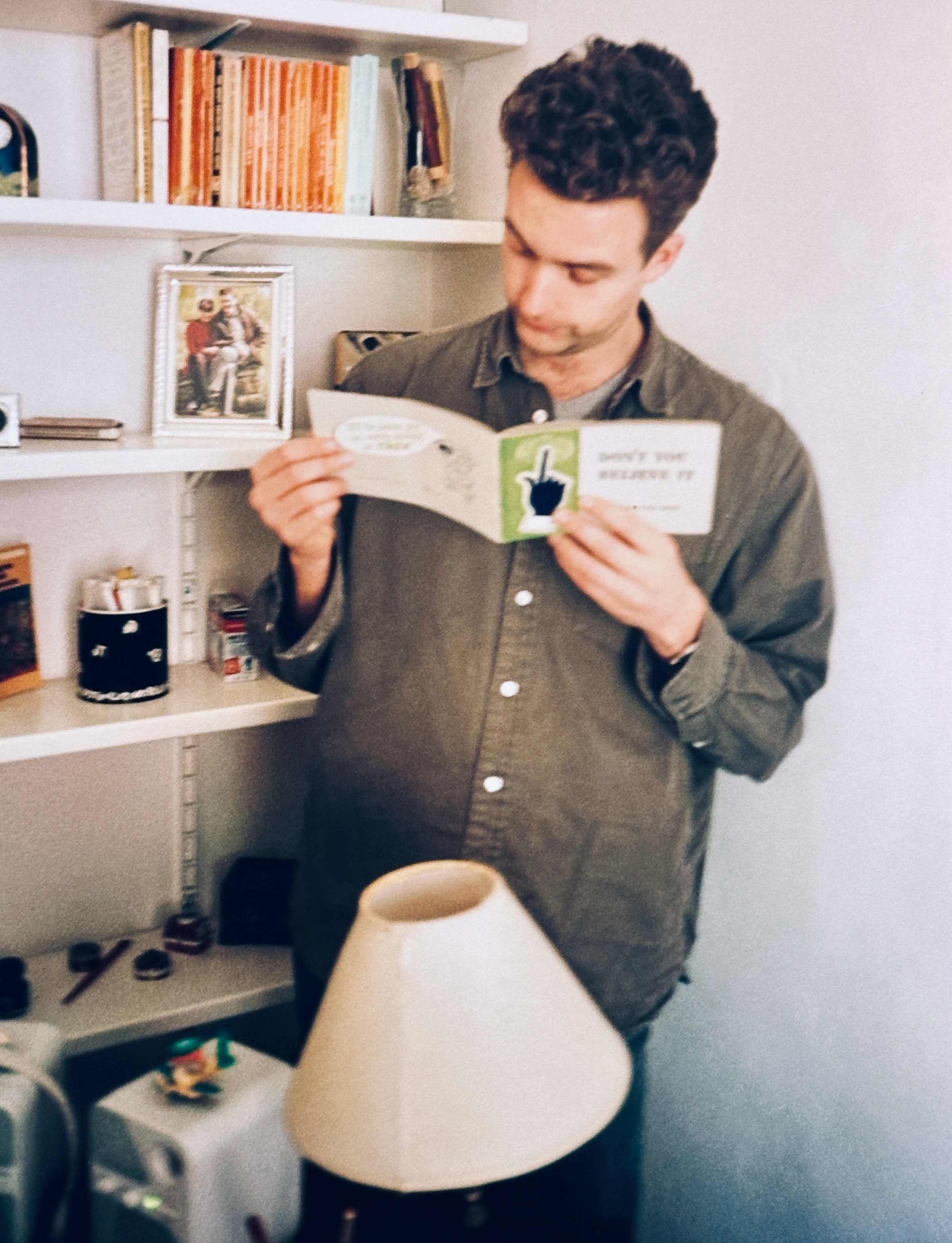
With thanks to Steve and Alessandra, for putting me up, putting up with me, and, now, jogging my memory
